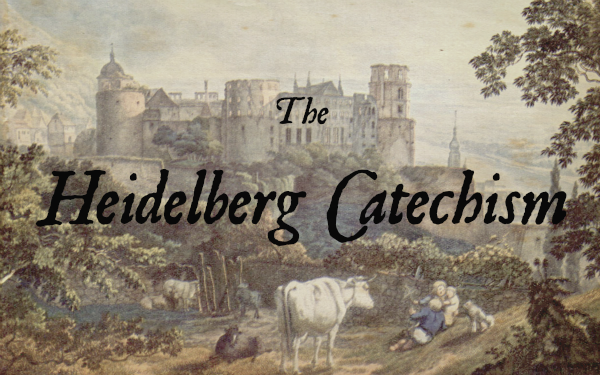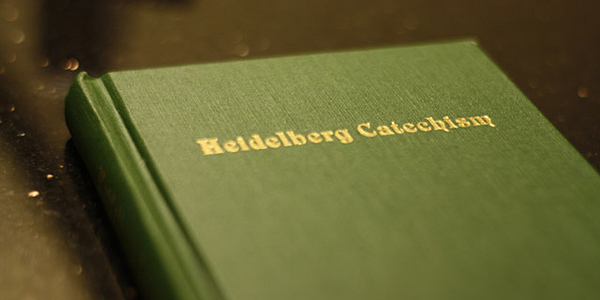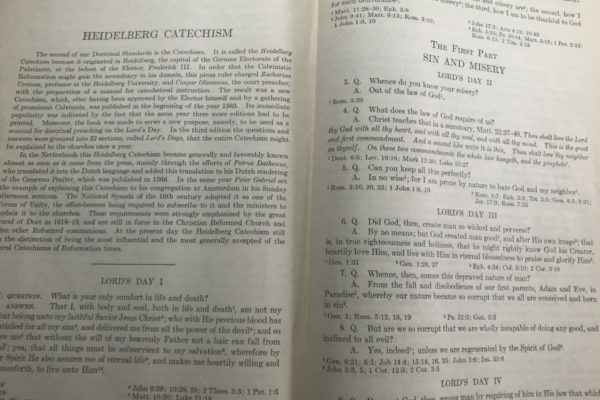It was not long before differences of opinion again disturbed the ecclesiastical peace. Debate continued on the precise meaning of the Lord’s Supper. Also, especially in the Palatinate, the teachings of Arius were spreading rapidly. The feeling on this issue became so intense that in 1572 one of the most vocal Arians, Sylvanus by name,was beheaded […]
As one might expect under the circumstances of those times, the catechism was both warmly received and vigorously assailed. Among Protestants inclined to the theology of John Calvin, the catechism was immediately received with joy. Already in 1563 it was translated into three different languages. It appeared in Latin, the translation of the third edition, for use in […]
It must be remembered that at the time the Heidelberg Catechism was composed Protestantism was engaged in a battle for survival against the Roman church. It is no wonder, therefore, that the catechism reflects this fact at a number of points. For one thing, it emphasizes that good works cannot merit salvation, in questions and answers […]
Though only twenty-eight years of age when he co-authored the Heidelberg Catechism, Ursinus was by no means no means a novice in the Reformation movement. In the language of our day we would say he “had been around,” and was well acquainted with the several streams of thought within Protestantism. Zacharias Ursinus was born in the year 1534 […]
When one surveys the history of the Christian church he must recognize the significance for the church of its literature. Some works stand out among others as having been of great influence. One recalls, for example. the Confession or On the City of God by St. Augustine, the Imitation of Christ by Thomas a Kempis, the Summa […]




